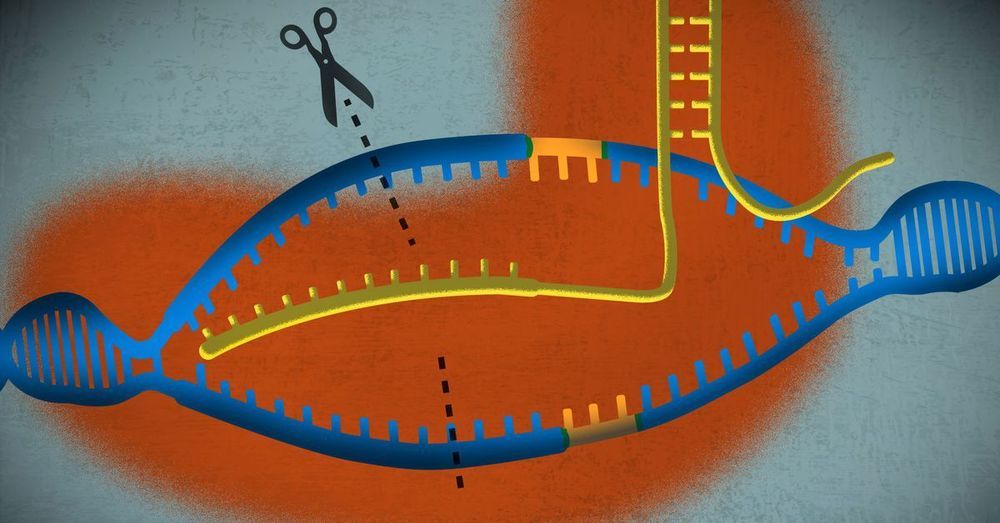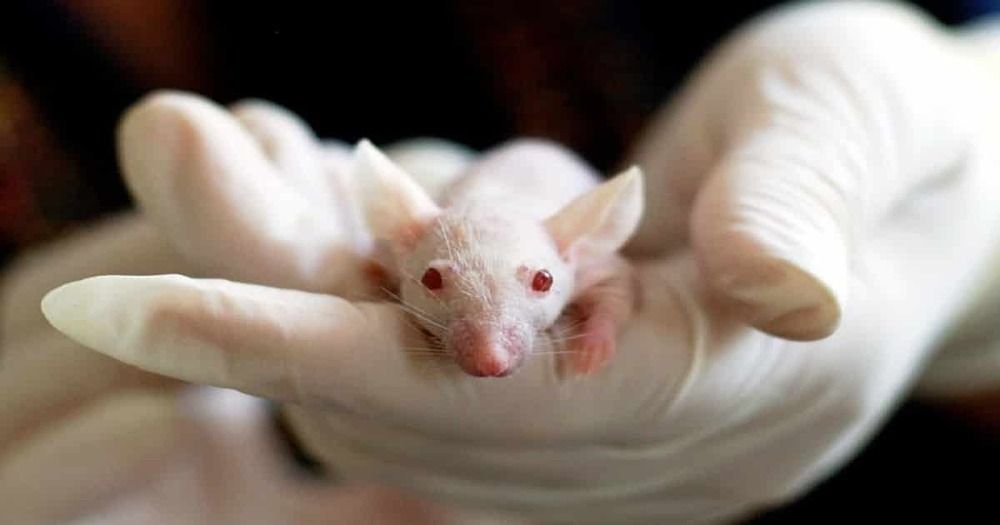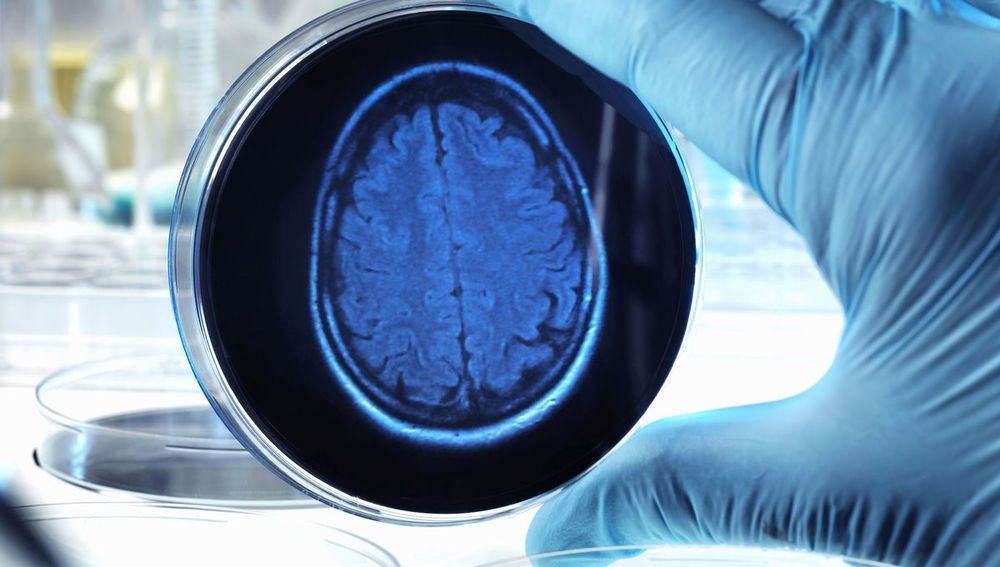Page 7839
Feb 29, 2020
Airplane Wi-Fi Could Get Massive Upgrade in the Near Future
Posted by Genevieve Klien in categories: energy, habitats, internet
If planes were as reliable as in-flight Wi-Fi, we’d never get on a flight again. Fortunately, industry group Seamless Air Alliance is working to change that. The group operates under the mission of bringing “industries and technologies together to make the in-flight internet experience simple to access and delightful to use.” Its idea? To get rid of the toxic brew of current proprietary systems operated by each airline and instead establish a standard for in-flight Wi-Fi that can be flexibly swapped in and out to better allow airlines to respond as technology improves.
“The goal of the Alliance is to deliver high-speed, low-latency 5G quality access inside the plane,” the FAQ section of the group’s website states. “Access to the network will be seamless, meaning any enabled user device will work without any login, sign-on or other activities. The internet experience itself will be as good as, and in many cases better than, the home experience, including low latency, high speed, and a gate-to-gate continuity of service.”
An article for IEEE Spectrum notes that “a plane’s antennas are currently stored in a relatively small hump on the top of the craft, typically about 45 centimeters high. Even though it’s so small, that hump causes tremendous amounts of wasted jet fuel, [Seamless Air Alliance CEO Jack] Mandala says, causing an estimated minimum of an extra $75,000 per aircraft per year in fuel costs.”
Feb 29, 2020
Freeman Dyson, legendary theoretical physicist, dies at 96
Posted by Genevieve Klien in categories: military, particle physics
Dyson helped create modern particle physics, criticized nuclear weapons tests, and imagined how civilizations could take to the stars.
Feb 29, 2020
Scientists Show How Birds See The World Compared To Humans
Posted by Brent Ellman in category: futurism
How is it that an eagle can snatch a rabbit off the ground from hundreds of feet in the air and we can not even grab a glass off a table without knocking it over? It’s because they see the world differently from us.
Feb 29, 2020
Researchers Succeed In Using Human Stem Cells To Cure Diabetes In Mice
Posted by Kelvin Dafiaghor in category: biotech/medical
Feb 29, 2020
At A Cellular Level, Every Single Human Depends On Positivity To Survive
Posted by Kelvin Dafiaghor in category: health
There is an indisputable link between having a positive outlook and health benefits. Positivity is more than skin deep, it’s in your very cells.
Feb 28, 2020
AI Is an Energy-Guzzler. We Need to Re-Think Its Design, and Soon
Posted by Kelvin Dafiaghor in categories: information science, robotics/AI
Of course, the computers and data centers that support AI’s complex algorithms are very much dependent on electricity. While that may seem pretty obvious, it may be surprising to learn that AI can be extremely power-hungry, especially when it comes to training the models that enable machines to recognize your face in a photo or for Alexa to understand a voice command.
The scale of the problem is difficult to measure, but there have been some attempts to put hard numbers on the environmental cost.
For instance, one paper published on the open-access repository arXiv claimed that the carbon emissions for training a basic natural language processing (NLP) model—algorithms that process and understand language-based data—are equal to the CO2 produced by the average American lifestyle over two years. A more robust model required the equivalent of about 17 years’ worth of emissions.
Feb 28, 2020
Gut bacteria may be responsible for bowel disorders including cancers
Posted by Paul Battista in category: biotech/medical
One kind of bacteria can cause colon tumours, while lacking another kind of microbe may lead to ulcerative colitis, an inflammatory bowel condition.
Feb 28, 2020
Artificial neurons now talking to real neurons with hope of creating a hybrid brain network
Posted by Paul Battista in categories: biotech/medical, internet, robotics/AI
In focal brain diseases, a patient’s neural network loses key connections, preventing the brain from functioning as it miraculously should. But what if there was a way to restore those connections? An EU funded study is seeking to do just that by getting real biological neurons to synaptically communicate with artificial ones.
Though still in the early stages of study, SYNCH, a team of scientists from the U.K., Switzerland, Germany, and Italy, have created what they describe as a “synaptically connected brain-silicon Neural Closed-loop Hybrid system.” Basically, they’ve taken actual brain cells and artificial brain cells, and got them talking back and forth over the internet.


















